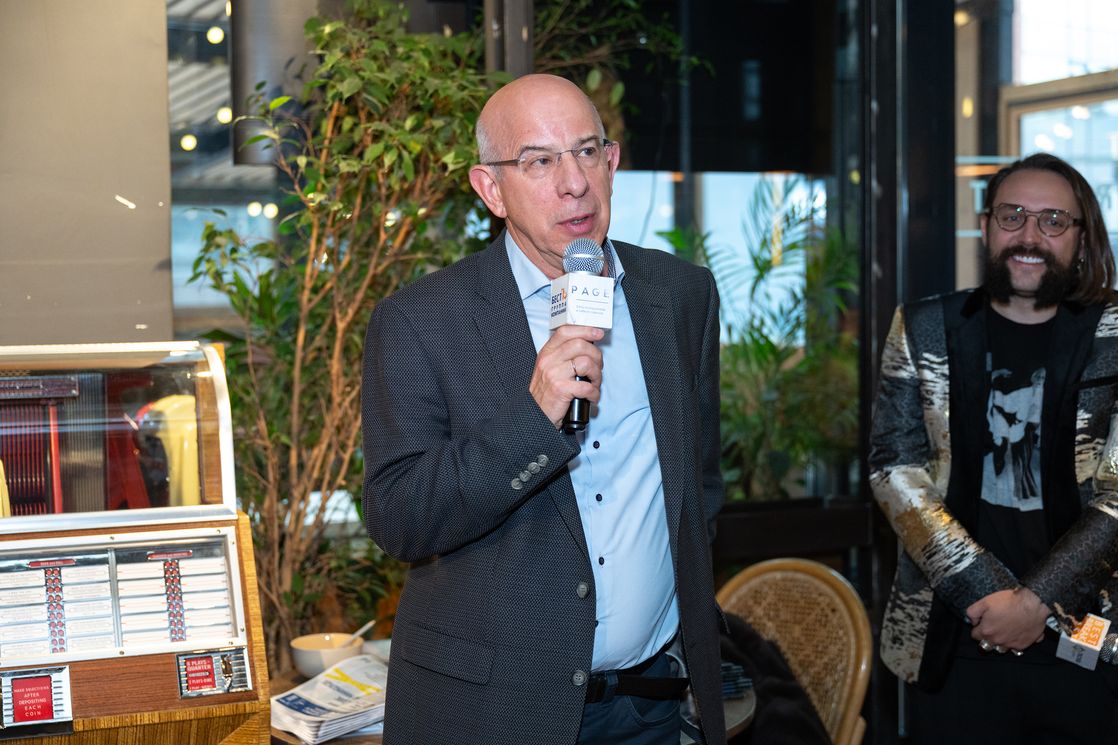BestBreakfast. Challenging and Inconvenient Real Estate – from a Liability to Asset
Professor Valery Gordin, laboratory head, participated to the business breakfast «BestBreakfast. Challenging and Inconvenient Real Estate – from a Liability to Asset» conducted by BestGroup and RBC. At the event, presentations were made by Anton Ivanov, chairman of the St. Petersburg branch of the Russian Society for the Protection of Historical and Cultural Monuments; Sergey Makarov, former Chairman of the St. Petersburg Committee for the State Preservation of Historical and Cultural Monuments and Deputy Director of the State Hermitage Museum; architectural critic Maria.Elkina and representatives of leading developers in St. Petersburg engaged in cultural heritage projects.

Valery Gordin presented the most interesting cases of impact investing in cultural heritage sites implemented in St.Petersburg, such as the Water Museum (investor: Vodokanal SPb), the Russian Railways Museum (investor: Russian Railways), and the Chinese Pavilion in the Oranienbaum park (investor: Gazprom). He believes that impact investing serves as an effective tool for PR and public government relations, while also facilitating the attraction of funds for the restoration and reconstruction of cultural heritage sites that cannot be financed through the state budget. This raises the challenge of developing a system of intangible incentives for companies carrying out impact investing, especially when it comes to regional developers. As part of the ongoing project developed by Laboratory for Management in Culture and Tourism in collaboration with the Samarkand State University on the preservation and promotion of cultural heritage, recommendations will be provided regarding various formats for intangible incentives for investors.
Moreover, Prof. Gordin recommended a broader use of venture capital investment in real estate. Currently, venture capital investment is widely spread in the technology sector. However, there is also an urgentneed for creative startups in the real estate sphere that can discover new ways of using reconstructed or restored cultural heritage sites. Among the brightest examples of such investment, the speaker mentioned the case of the Danilovsky Market in Moscow where the first food mall in Russia was opened, combining farmer's markets, food courts, and socio-cultural activities. In St. Petersburg, this increasingly popular model of reconstructing former collective farm markets is successfully being implemented at the Andreevsky Market and in the building of the former Warsaw Railway Station at the “Vokzal 1853” food mall.
The participants of the business breakfast actively discussed various models of investment support for cultural heritage sites and agreed to continue such meetings.
